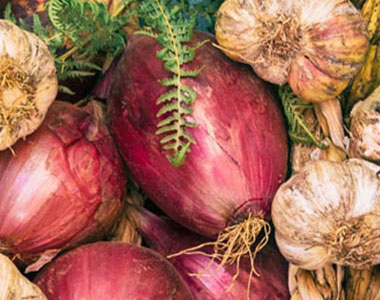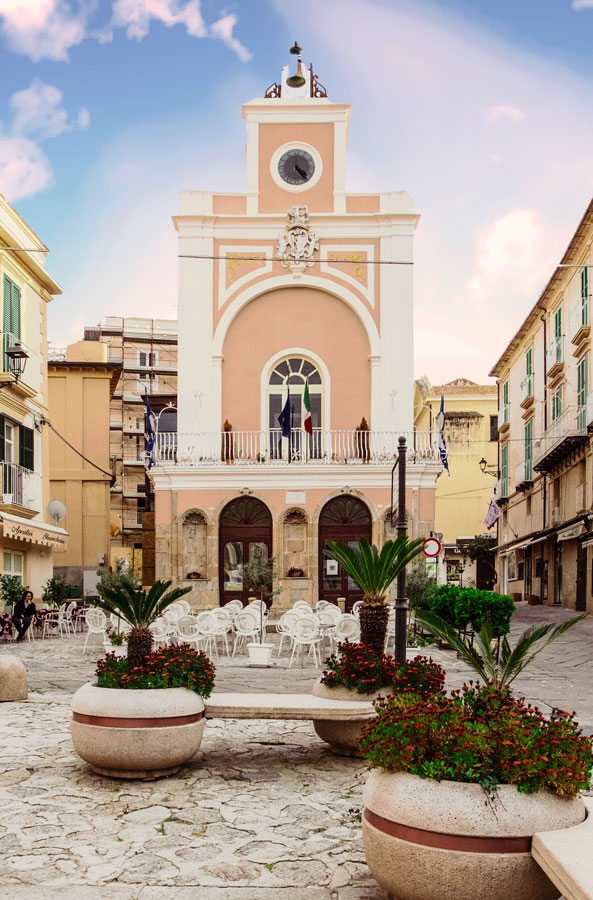Gastronomic Routes
In the villages of the Vibo Valentia province, there are traditions passed down from generation to generation, especially regarding gastronomy and cheese production; below, we will explore a route through those foods that, in people’s perception, are considered part of the culinary tradition of the Vibonese.
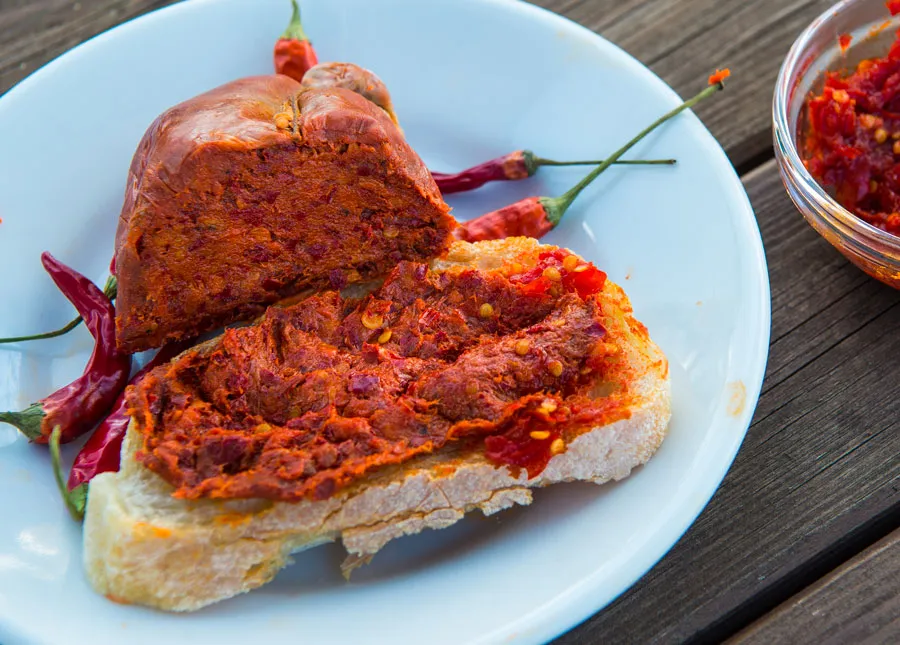
’Nduja
A symbol of the Vibonese, ’nduja is a very spicy spreadable salami originating from Spilinga. Made with pork, plenty of red chili peppers, and salt, it is smoked and aged for months. The recipe, passed down through generations, gives it a unique and strong flavor, perfect for enriching many dishes in Calabrian cuisine.
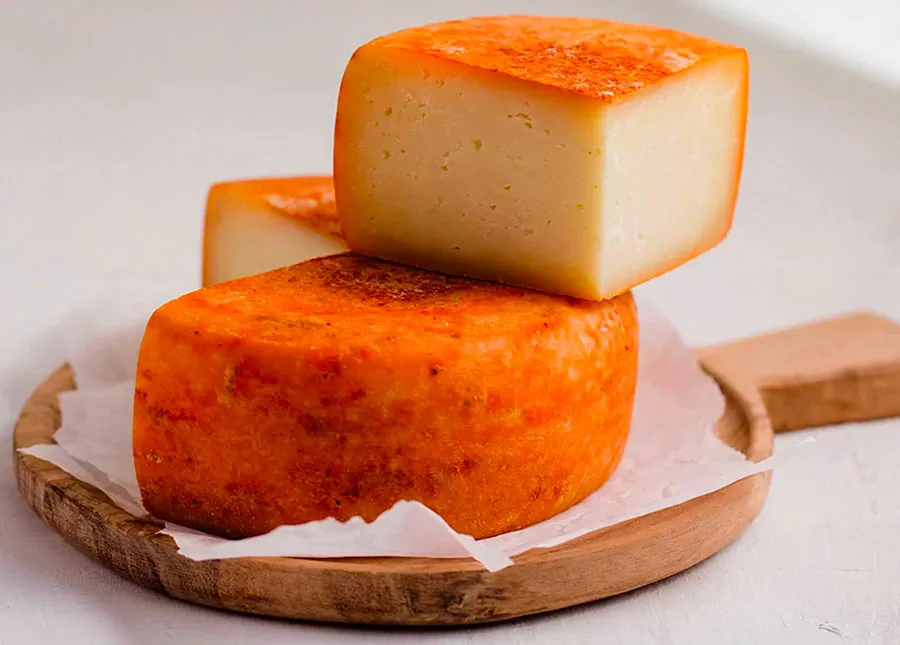
Pecorino del Poro
A cheese made from sheep and goat milk, Pecorino del Poro is one of the area’s excellence products. Its aging varies from a few months to over a year, making it versatile in cooking. Genuine and intense in flavor, it is excellent both fresh and grated. Its production also yields the exquisite local ricotta.
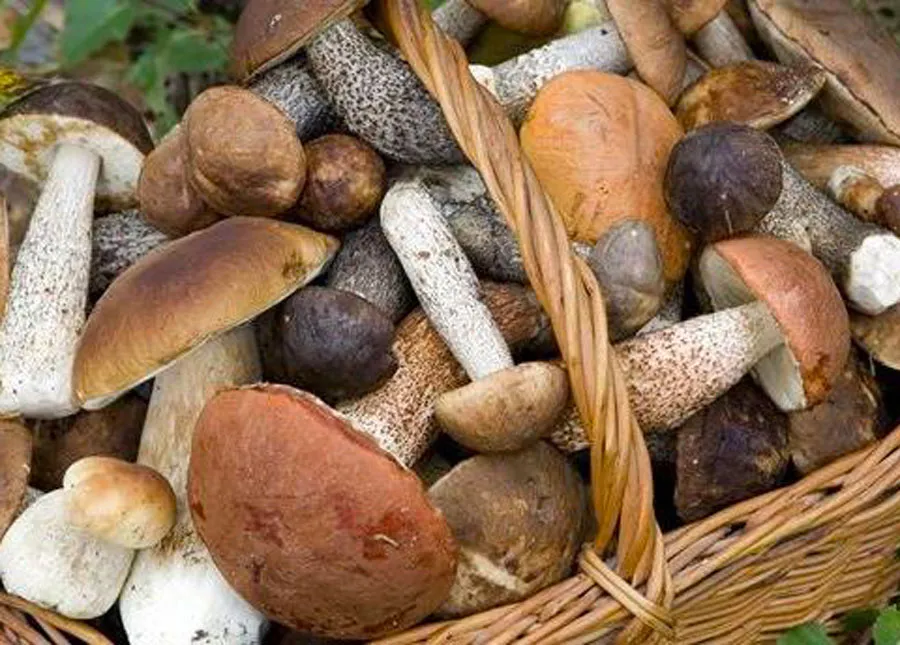
Mushrooms of the Serre Vibonesi
The forests of the Serre Vibonesi offer a wide variety of mushrooms: porcini, ovoli, chiodini, gallinacci, and many more, gathered for both fresh and preserved consumption. Used in sauces and side dishes, they are ideal for hearty dishes based on game or pork, thanks to their intense and enveloping flavor.
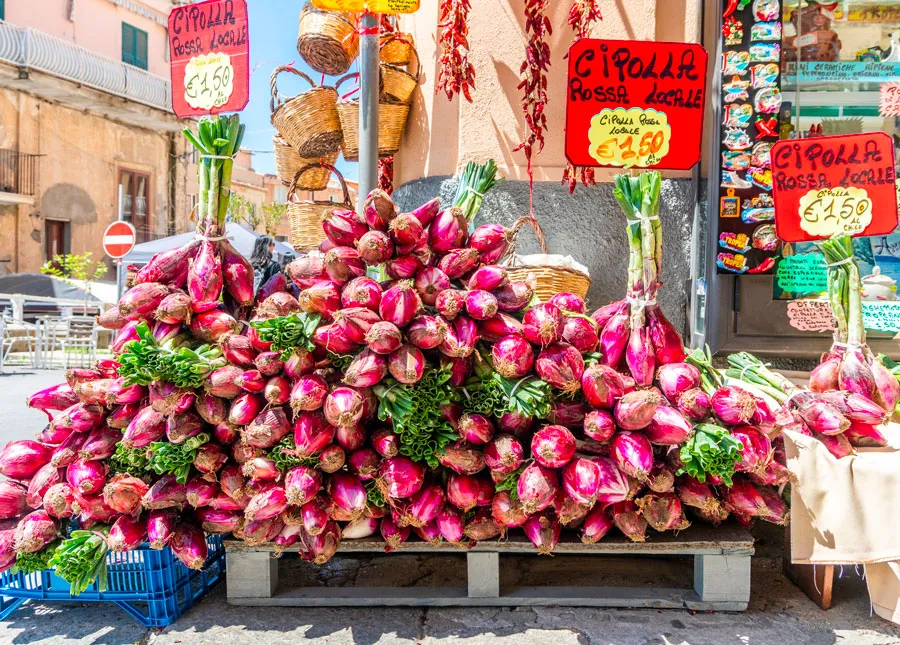
The Red Onion of Tropea
The famous red onion of Tropea, grown in sandy soils along the coast, is sweet, crunchy, and versatile in cooking. Used raw, cooked, or preserved, it is rich in beneficial properties and minerals. Recognized as IGP since 2008, it is an essential ingredient in Calabrian cuisine.
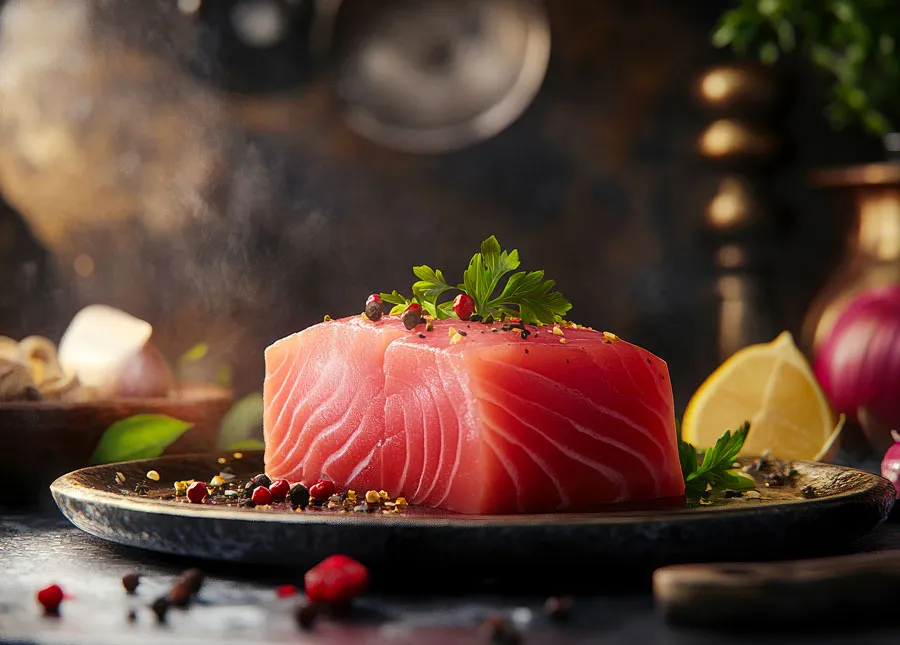
Tuna of Vibonese
Caught between May and June, the tuna of Vibonese is processed traditionally and appreciated for its quality and freshness. In addition to classic tuna in oil, specialties like ventresca, tonnina, and bottarga are produced. It is a nutritious and flavorful food, excellent both fresh and preserved.
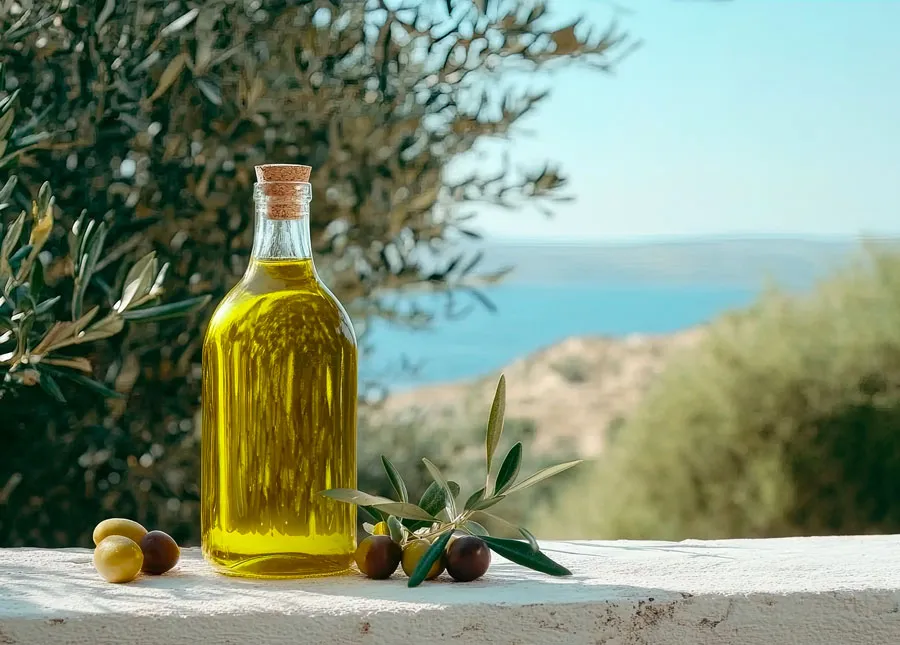
Olive Oil of Vibo Valentia
The extra virgin olive oil of the area is obtained from olives harvested at the right maturity and processed using traditional physical methods. The result is a light, fragrant, and easily digestible oil, ideal for enhancing the flavor of simple, genuine dishes in Mediterranean cuisine.
